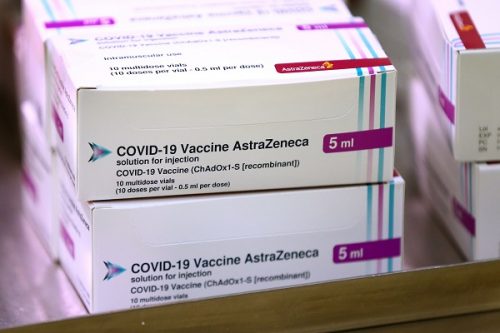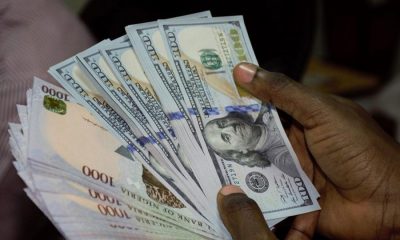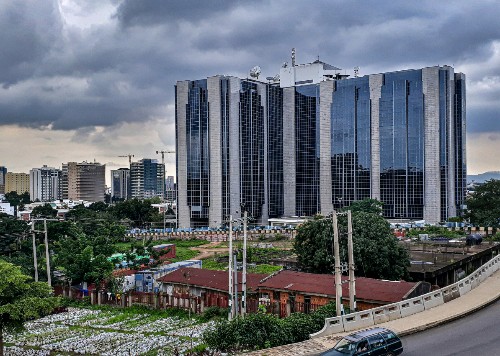The United Kingdom on Tuesday donated 699,760 doses of AstraZeneca COVID-19 vaccines to the Federal Government.
This is the first tranche of the 1,299,760 expected from the UK Government through the COVAX facility.
Nigeria on Tuesday flagged off the second phase of COVID-19 vaccination with 4 million doses of Moderna vaccine received from the US Government.
Speaking during the official handing over of the vaccines to the Federal Government by the UK Government in Abuja, the Executive Director and Chief Executive Officer of the National Primary Health Care Development Agency (NPHCDA) Dr Faisal Shuaib, said: “I am glad to inform you that last night, we received 699,760 doses of AstraZeneca vaccine donated by the UK Government. We are most grateful to the government and people of the UK for this gesture.
“This vaccine will be deployed immediately to the States (after NAFDAC’s approval) and would be administered as the second dose to those who had earlier received only the first dose of the vaccine during the first phase of the vaccination rollout.
“I, therefore, enjoin all those who have received AstraZeneca as the first dose to visit the nearest vaccination site to receive the second dose to be assured of full protection.
“We have also received communications from the COVAX facility of an additional 801,600 doses of AstraZeneca vaccines.
“These doses are a donation from the Canadian Government and would be available for delivery by the end of August.
“Its storage requirement is the same as most of our routine vaccines at temperatures of +2 degree centigrade to +8 degree centigrade.”
Acting British High Commissioner to Nigeria, Gill Atkinson, said: “The UK was one of the first countries to back COVAX with £548 million. We have consistently pushed for a global effort that helps every country receive the vaccine against COVID-19.
“I am so pleased to see Nigeria receive 699,760 doses, donated by the UK, in their second batch of the vaccine through COVAX.
“This is the first tranche of the 1,299,760 doses expected to be donated by the UK through COVAX. Only by vaccinating more people around the world can we bring an end to the global coronavirus pandemic.”
The WHO Country Representative, Dr Walter Mulombo, added: “After receiving Moderna, J&J COVID-19 vaccines, the COVID-19 portfolio in Nigeria is growing towards achieving herd immunity sooner than later, especially as we are fighting the COVID-19 pandemic.
“The contribution by the UK govt is a big relief, knowing that many Nigerians who got their first shot were waiting for their second shot.”

 BIG STORY3 days ago
BIG STORY3 days ago
 BIG STORY1 day ago
BIG STORY1 day ago
 BIG STORY23 hours ago
BIG STORY23 hours ago
 BIG STORY1 day ago
BIG STORY1 day ago
 BIG STORY1 day ago
BIG STORY1 day ago
 BIG STORY4 days ago
BIG STORY4 days ago
 BIG STORY5 hours ago
BIG STORY5 hours ago
 BIG STORY4 days ago
BIG STORY4 days ago





































